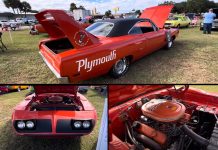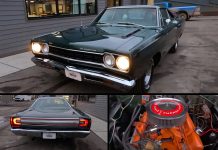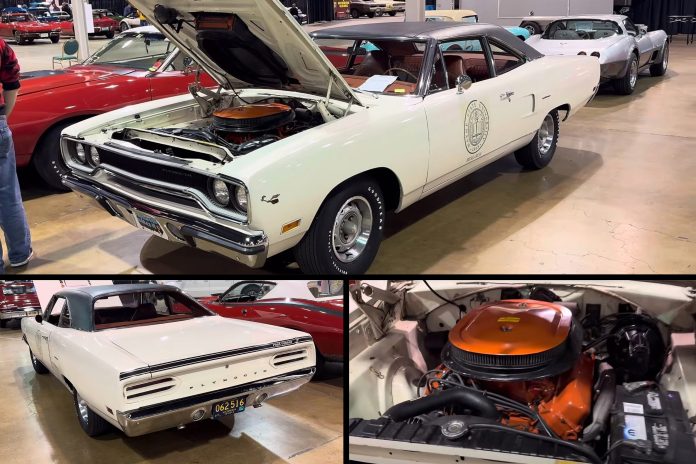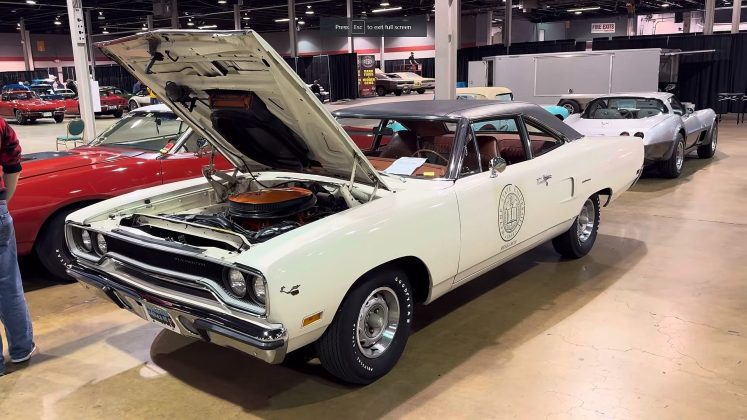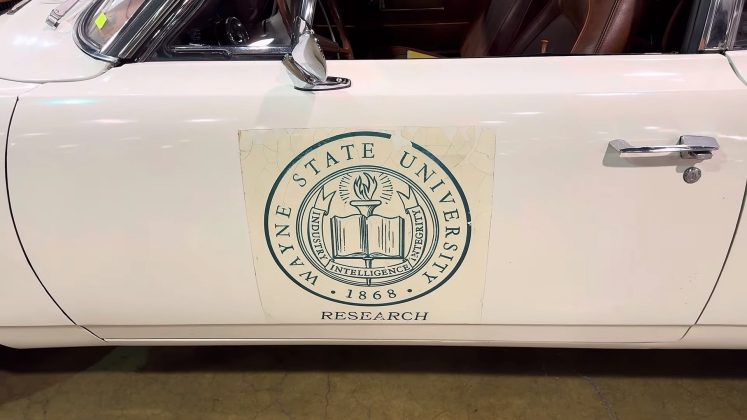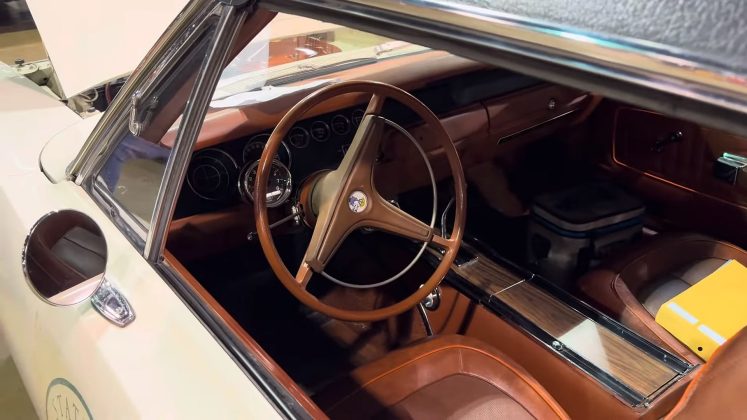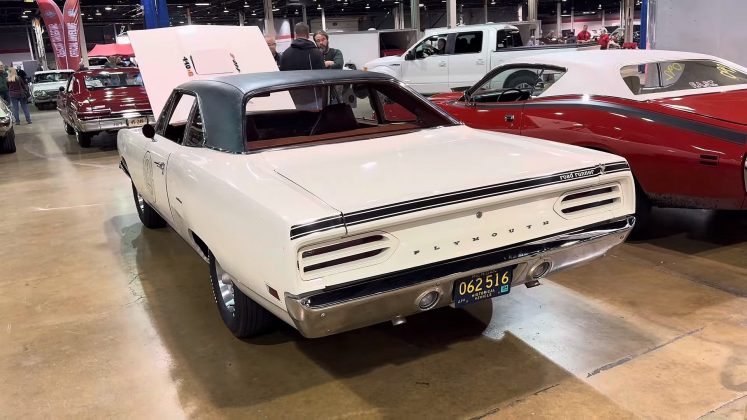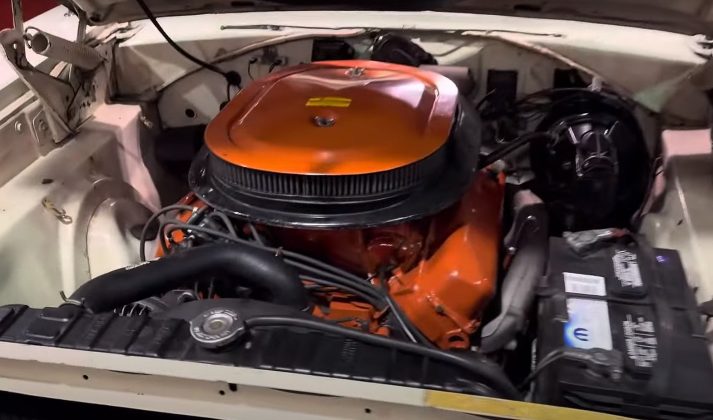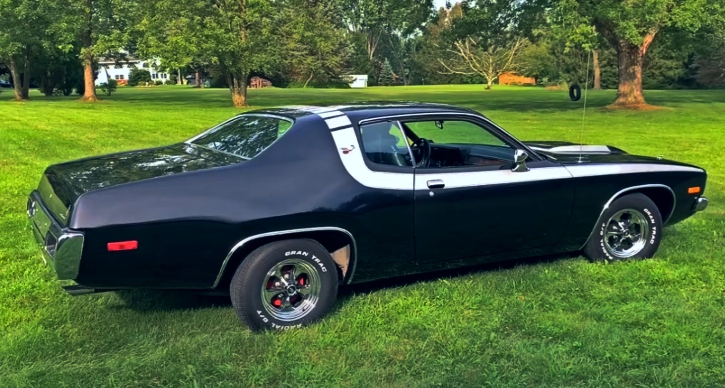In the realm of highway traffic safety research, one may not give much thought to the vehicles involved. However, a surprising hero emerged in the form of a 1970 Plymouth Road Runner, purchased by Wayne State University in Detroit, Michigan. This muscle car played a pivotal role in enhancing highway safety during its tenure in the early 1970s.

Contrary to common perceptions of crash test vehicles, this particular Road Runner wasn’t subjected to smashing into barriers. Instead, Wayne State University ingeniously utilized it to pull uncrewed cars into traffic signs and guardrails. Employing a sophisticated cable and stanchion system, the Road Runner reached speeds of up to 100 mph (161 kph), helping identify the hazards posed by Armco barriers.
The experiments not only led to the phasing out of the hazardous Armco barriers but also contributed to the implementation of new safety measures on public roads. This unassuming muscle car, often overlooked, played a significant role in potentially saving lives through its involvement in highway safety research.

Fast forward to 2023, and the 1970 Plymouth Road Runner stands as a testament to its enduring legacy. Remarkably preserved and unrestored, this over 50-year-old gem remains in possession of its owner since 1996. Still adorned with the original Wayne State University stickers and the “50 mph speed restriction” sign, the car serves as a tangible link to its historical role in highway safety.
With only 14,000 miles (22,531 km) on its odometer when it left the university, the Road Runner now boasts a modest 26,000 miles (41,843 km). Despite spending considerable time in storage, it has found a new lease on life as a drag racer in the Factory Appearing Stock Tire (FAST) series. The owner’s upgrades under the hood have turned this classic into a formidable performer, running the quarter-mile in the low 12s.
Of the 36,861 Road Runners sold in 1970, a mere 1,815 featured the rare six-barrel 440 powerplant. This specific model, with a coupe body style and an automatic gearbox, further narrows down to only 222 examples. Its rarity surpasses even the famed Plymouth Superbird with the same drivetrain configuration.
Recently featured at the 2023 Muscle Car and Corvette Nationals (MCACN), this unique Mopar continues to capture attention and admiration. For those eager to explore its details, a comprehensive walkaround is available in the video below.
# FAQs
**Q1: How did the 1970 Plymouth Road Runner contribute to highway safety?**
A1: The Road Runner was utilized by Wayne State University to pull test vehicles into traffic signs and guardrails, revealing the dangers of Armco barriers and influencing safety measures.
**Q2: What is the current condition of the Road Runner?**
A2: As of 2023, the car remains remarkably preserved and unrestored, still carrying original university stickers and speed restriction signage.
**Q3: How rare is this particular Road Runner model?**
A3: Of the 36,861 Road Runners sold in 1970, only 222 examples of this specific model with a six-barrel 440 powerplant, coupe body style, and automatic gearbox are known to exist.
**Q4: What role does the Road Runner play in modern times?**
A4: Despite its historical significance, the car now enjoys a retirement as a drag racer in the FAST series, running the quarter-mile in the low 12s with upgraded performance features.
**Q5: Where was the Road Runner recently featured?**
A5: The unique Mopar was showcased at the 2023 Muscle Car and Corvette Nationals (MCACN), providing enthusiasts with an opportunity to appreciate its historical and contemporary significance.



